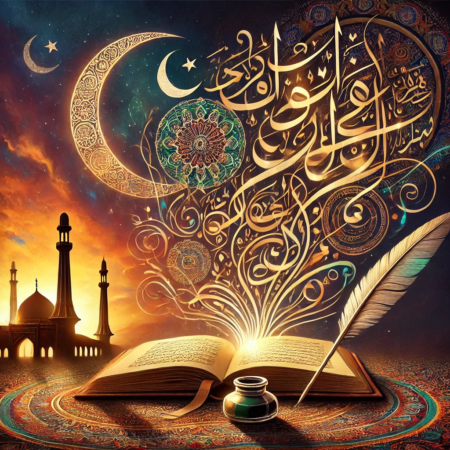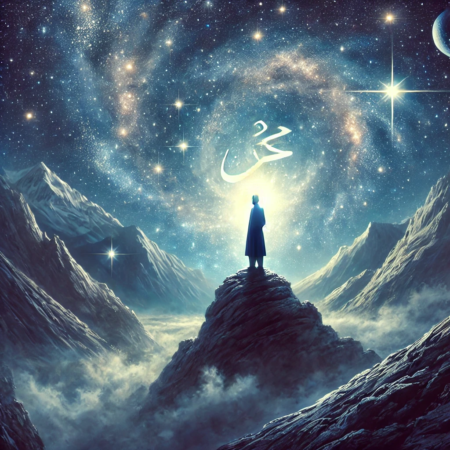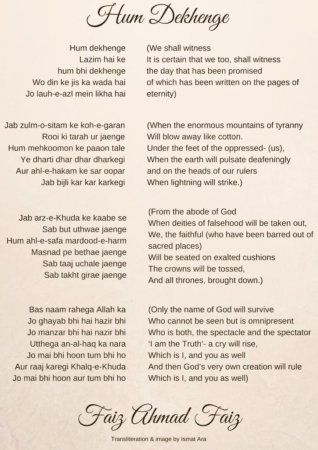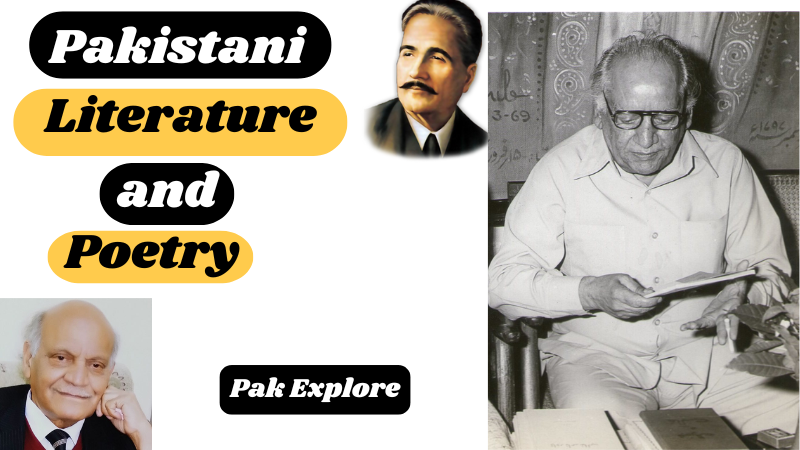Introduction
The rise of Pakistani literature and poetry, from Allama Iqbal to Faiz Ahmed Faiz, is an intellectual journey that gave Urdu literature a new direction and guided the nation intellectually. While this journey from Iqbal to Faiz teaches self, humanity, and awareness, it also highlights the colors of revolutionary and romantic poetry. Bano Qudsia, Ashfaq Ahmed, Ahmed Faraz, Parveen Shakir and modern poets and writers have made literature more colorful and diverse.

Literature and Poetry on youtube
Table of Contents
Iqbal’s philosophy and concept of self
Allama Iqbal (1877-1938) is the first great name of the intellectual awakening of Pakistan. He presented the concept of selfhood and invited man to recognize his own importance and ability. His poetry contains messages of selfhood, nationalism, and awareness. Poems like “Shakwah” and “Jawab Shakwah” reflect his philosophy, which created a new enthusiasm among the Muslims of the subcontinent.

The revolutionary and romantic poetry of Faiz Ahmed Faiz
Faiz Ahmad Faiz (1911-1984) has been called the “Poet of Love and Revolution” of Pakistan. He voiced his poetry against tyranny, oppression, and injustice as well as expressed romantic feelings in a unique way. “We will see” is his poem which has become a part of every revolutionary movement. Faiz presented love and revolution on the same canvas in his poetry and his themes continue to inspire readers even today.
Novel writing and spiritual philosophy of Bano Qudsia
Bano Qudsia (1928-2017) is an important novelist of Pakistan who dealt with spirituality, moral issues, and social values in her stories. His famous novel “Raja Gadh” is a story of human nature and moral decay with emphasis on spirituality and social issues. Bano Qudsia’s novelization highlights moral values in Pakistani literature.
Ashfaq Ahmad’s realism and Sufism
Ashfaq Ahmed (1925-2004) gave a new style to realism and Sufism in Urdu literature. His stories are based on the complexities of human life, spiritual issues, and relationships. In “Zawiya” he describes the sorrows and joys of life, and his writings offer glimpses of Pakistani culture and spiritual training.
Poetry of Rebellion and Romance by Ahmad Faraz
Ahmad Faraz (1931-2008) is a pillar of Pakistani poetry. There is a beautiful blend of romance and rebellion in his poetry. Elements of love and social rebellion are found in his poems. Poems like “Sna Hai Loog Esha Bhar Kahe Hain” describe the intricacies of love and human relationships. Faraz’s poetry inspired the young generation with love and rebellion.
Parveen Shakir’s portrayal of feminine emotions
Parveen Shakir (1952-1994) presented feminine emotions and sensibility in Urdu poetry in a unique way. In her poetry collections “Khusbu”, “Sadbarg”, and “Maah-e-Tama” beautifully describe the feminine feelings and emotions of women. Love, sadness, and emotions are beautifully depicted in Parveen Shaker’s poetry.
Jon Elia’s Poetry of Caste and Isolation
Jon Elya’s (1931-2002) poetry uniquely describes the quest for self, loneliness, and human suffering. There is a deep sadness and concern in his poetry. Jon Elia’s poetry reflects human emotions and loneliness and gives them a prominent place in modern Urdu poetry.
Mohsin Naqvi and the message of love and justice
Mohsin Naqvi (1947-1996) raised his voice against the love of Ahlul-Bayt, social justice, and oppression in his poetry. There is a message of compassion and philanthropy in his poetry. Mohsin Naqvi’s poetry is an epitome of love and social justice, and his poetry continues to inspire audiences today.
Representation of Kishore Naheed and Women’s Rights
Kishore Naheed (born 1940) is an important figure among Pakistani women poets. She described women’s rights, problems, and social restrictions in her poetry. Her speech represents the struggle of women and their rights in Pakistani society.
Reflection of contemporary issues in Urdu literature
Pakistani literature has always highlighted contemporary issues and social complexities. Political, social and cultural issues have been made the subject in modern Urdu literature. These themes bring literature closer to the masses and play an important role in social development.
Importance of Urdu Drama in Pakistan
Urdu dramatization has also played an important role in the development of literature in Pakistan. Aini Apa and Amjad Islam Amjad’s plays depict Pakistani culture, relationships, and social issues. Urdu dramas are close to the hearts of Pakistani people and describe the problems of their lives.
Role of Aini Apa and Amjad Islam Amjad
Aini Apa and Amjad Islam Amjad achieved a prominent place in Urdu drama. Dramas like “Aangan Tedha” and “Waras” reflect the Pakistani society and show the complexities of human relationships. His work brought Pakistani drama to the world stage.
Modernism and Experiments in Pakistani Literature
The trend of modernity and new experiences is increasing in Pakistani literature. Young poets and writers address various themes like caste, identity, and social issues and give new color to their experiences.
Element of revolution and rebellion in Pakistani poetry
There has always been an element of revolution and rebellion in Pakistani poetry. Faiz, Ahmad Faraz, and other revolutionary poets wrote poetry against oppression and made people aware of their power. The speech of these poets awakens the revolutionary sentiments of the people.
Faiz’s Poem “Hum Deye Ge” and public acclaim
Faiz’s poem “Hum Dejege” has become a reflection of popular revolutionary sentiments. This poem has become the voice of the rights of the oppressed and has gained public acceptance in various movements and protests.

Iqbal’s influence on modern Urdu poetry
Allama Iqbal’s influence is prominent in modern Urdu poetry. His philosophy not only influenced his era but also influenced later poets like Faiz and Faraz.
International rise of Pakistani literature
Pakistani literature has received international recognition. The poetry of Faiz, Iqbal, and Parveen Shakir has been appreciated globally. This popularity of Pakistani literature introduces Pakistani culture to the world.
Representation of Urdu literature and Pakistani culture
Urdu literature represents Pakistani culture, civilization, and society. The description of national identity and Pakistani social problems in Urdu literature highlights our culture.
Parveen Shakir’s “Scent” and Women’s Speech
Parveen Shakir’s collection “Khusboo” highlights the emotions and feelings of Pakistani women. In his poetry, along with the softness and sensitivity of women, their problems are also described.
Intellectual and spiritual evolution of Pakistani literature
From Iqbal to Faiz and modern poets, the journey of Pakistani literature is a journey of intellectual and spiritual evolution. The journey highlights human emotions, problems, and rebellion, highlighting the nation’s intellectual consciousness

__________
You may also like


